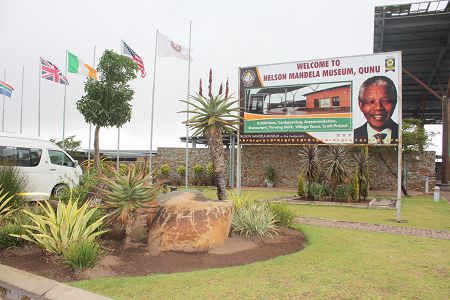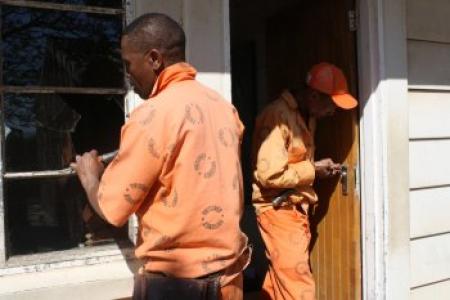
The South African Revenue Services (SARS) have implemented draconian laws in an attempt to recover taxes from companies and individuals. The law gives SARS the right to take money from a bank account without permission from the account holder. It is a harsh code of laws that can have detrimental effects on people who already struggle to cope with the high cost of living.
South Africa has a population of approximately 53 million people, and it is estimated that 11 million people file tax returns annually. A staggering four million of the registered taxpayers are exempt from tax due to the tax threshold, leaving the burden of tax payable on nearly six million people. Of course, the collection tactics are severe considering the low number of taxable people in South Africa.
In South Africa, informal traders, such as street hawkers and taxi drivers evade the tax system. Although evasion is not limited to the informal sector, a moderate number of high-income earners and business owners have options to bypass the taxation. Small business owners claim that business and individual tax are one of a kind does span across both formal and informal taxpayers.
Jacob Zuma, the president of South Africa has mentioned that taxes will increase, and there are indications that high-income earners will bear the highest tax burden. The informal sector growth will continue to find a way of avoiding the rule of tax by neither breaking the law, but rather will use an intelligent attempt to circumvent the tax plan. The strict labor laws and lowering of personal taxes can close the widening gap between the formal and informal taxpayers.
The power of certain SARS officials allows for searches without warrants, collecting information from banks, estate agents, medical funds and lawyers. SARS can exercise an aggressive approach in dealing with tax avoidance or tax evasion. The amount of information SARS can demand are staggering since the new regulations have been passed. The dynamic approach used by SARS is to tighten the net of non taxpayers and tax evasion in South Africa.
New article posted on the Guardian LV - be sure to read the entire article
Read more at http://guardianlv.com/2014/11/south-africa-and-the-draconian-laws-of-the-revenue-services/#Cq04t75XZBpMroUE.99



